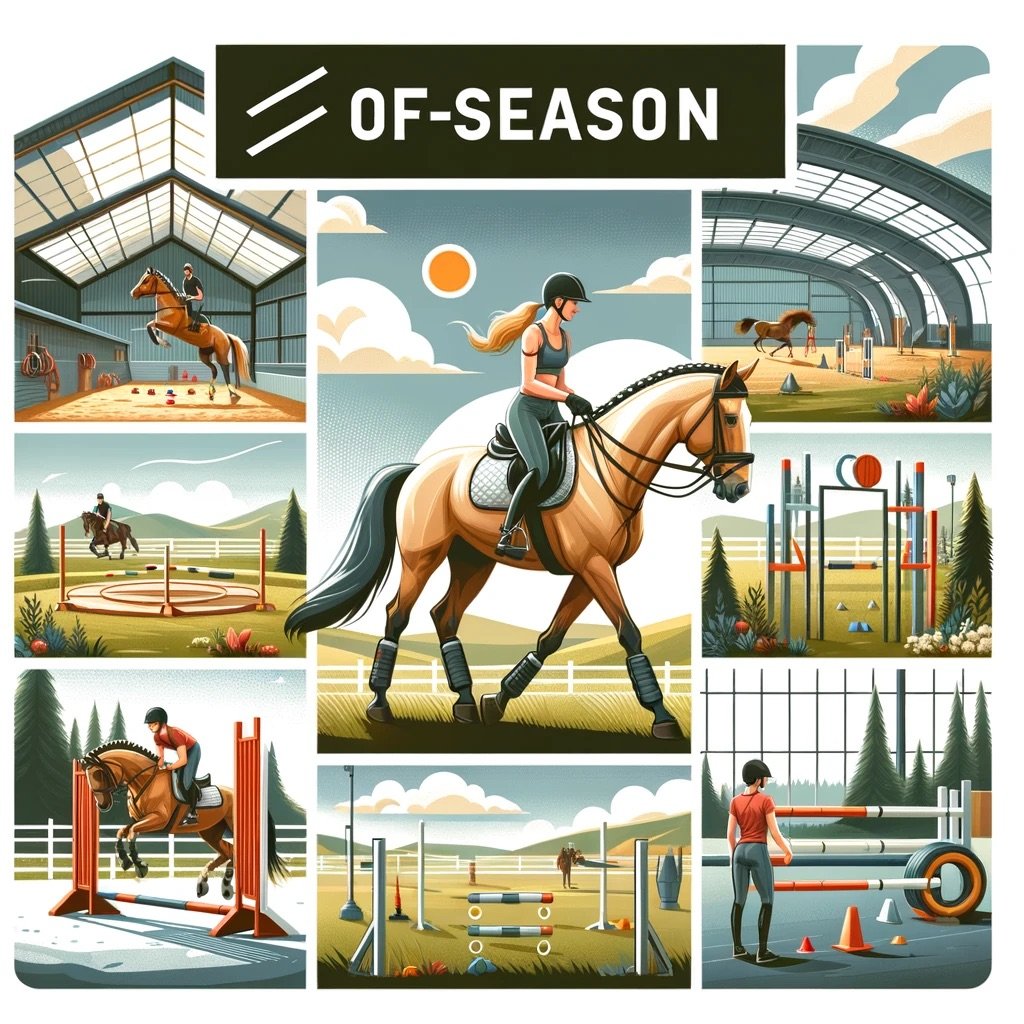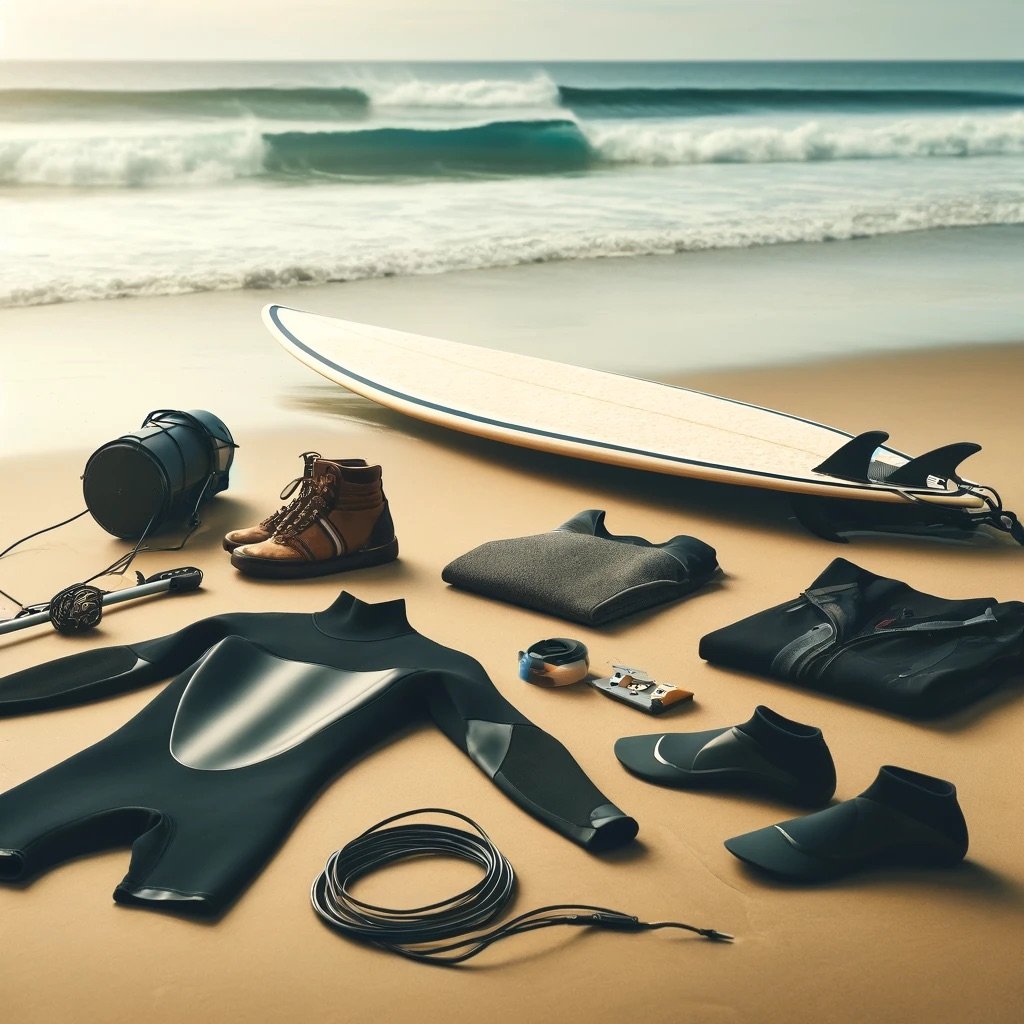Off-season training is crucial for maintaining both horse and rider fitness, as well as developing new skills and techniques. Here’s a guide to effective off-season training.
1. Conditioning
- Cardiovascular Fitness: Engage in activities that improve cardiovascular health, such as trotting and cantering in intervals. Gradually increase the intensity to build stamina.
- Strength Training: Incorporate exercises that strengthen the horse’s muscles, such as hill work, pole exercises, and gymnastic jumping.
- Flexibility: Use stretching exercises to enhance the horse’s flexibility and range of motion.
2. Skill Development
- Dressage Movements: Practice basic to advanced dressage movements to improve balance, coordination, and communication between horse and rider.
- Jumping Techniques: Set up various jumping exercises, including grids and courses, to refine technique and confidence over jumps.
- Trail Riding: Use trail rides to work on responsiveness and adaptability in different environments.
3. Indoor and Outdoor Training Facilities
- Indoor Arena: Utilize indoor arenas for controlled training sessions, focusing on precision and technique without weather interference.
- Outdoor Fields: Take advantage of open fields for conditioning work and to expose the horse to natural terrain.
4. Training Equipment
- Jumps and Poles: Use jumps and poles to create exercises that challenge the horse’s agility and coordination.
- Cones: Set up cone exercises to improve maneuverability and responsiveness.
5. Rider Fitness
- Core Strength: Incorporate core-strengthening exercises such as planks and leg lifts to improve stability and balance in the saddle.
- Cardio Workouts: Engage in cardio workouts like running or cycling to enhance overall fitness and endurance.
- Flexibility Training: Practice yoga or stretching routines to maintain flexibility and prevent injuries.
6. Mental Training
- Goal Setting: Set specific, measurable goals for the off-season to stay motivated and focused.
- Visualization: Use visualization techniques to mentally practice and prepare for riding skills and competitions.
7. Rest and Recovery
- Rest Days: Schedule regular rest days to allow the horse to recover and prevent overtraining.
- Therapeutic Treatments: Incorporate therapeutic treatments such as massage, acupuncture, or chiropractic care to support the horse’s recovery and well-being.
8. Monitoring Progress
- Training Journal: Keep a training journal to track progress, note any challenges, and adjust training plans as needed.
- Regular Assessments: Perform regular assessments to evaluate fitness levels and adjust training intensity accordingly.
Conclusion
Off-season training is essential for maintaining fitness, developing skills, and preparing for the upcoming competition season. By focusing on conditioning, skill development, and utilizing both indoor and outdoor facilities, you can ensure that both you and your horse stay fit and ready. Embrace the off-season as an opportunity to improve and refine your riding abilities. Happy training!









